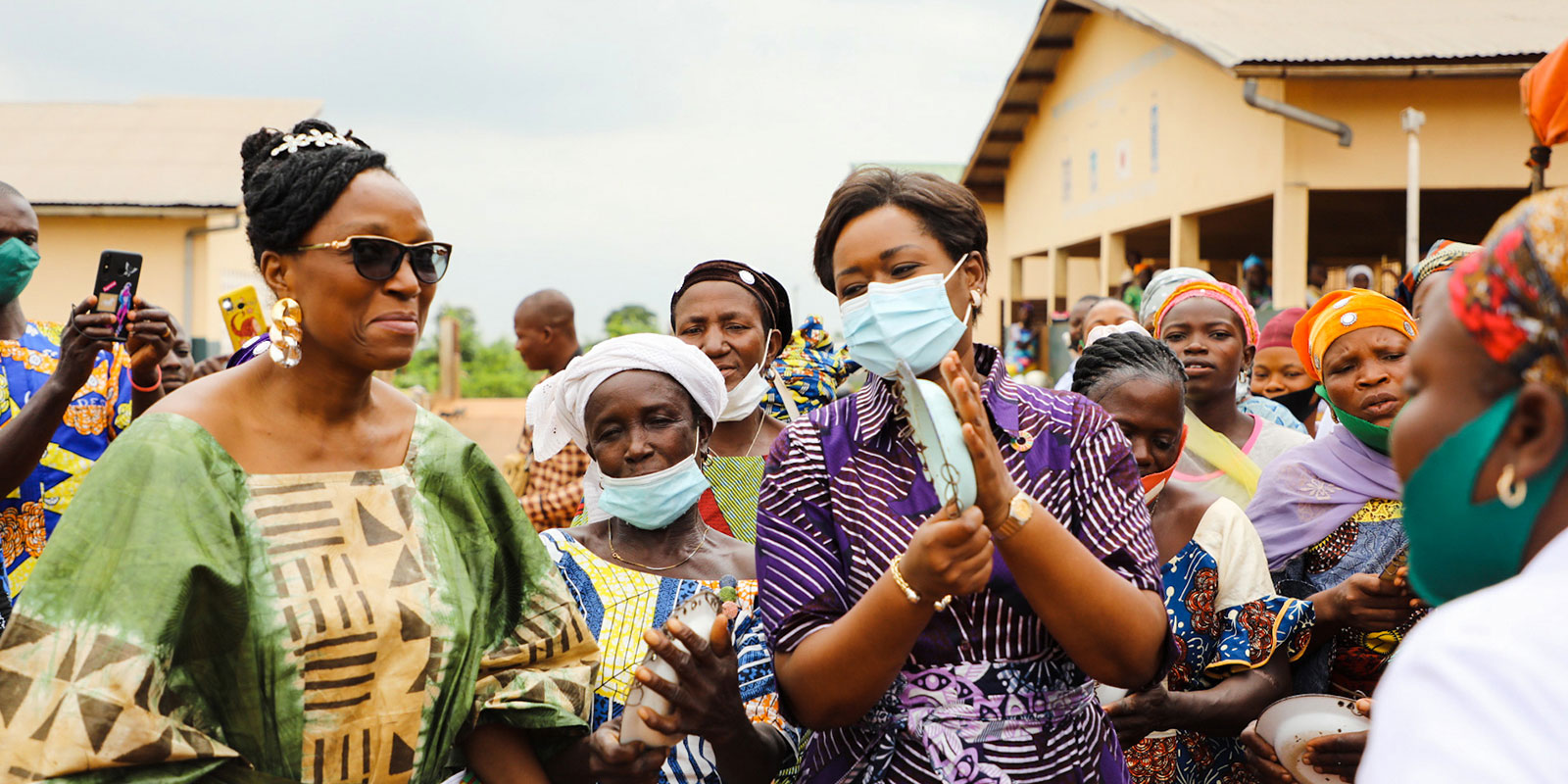On International Women’s Day, 08 March 2022, the African Union (AU) launched the campaign #WhatAfricanWomenWant to popularise and advocate for the speedy and full implementation of its Strategy for Gender Equality and Women’s Empowerment (2018-2028).
Does the #WhatAfricanWomenWant campaign offer women across Africa and beyond another opportunity to reset the GEWE agenda? @pravinaml
Tweet
The campaign advocates for the implementation of programmes earmarked as part of the African Women’s Decade of Women’s Financial and Economic Inclusion (2020-2030) at the national, regional, continental and global levels for women to realise, enjoy and benefit from their rights and expand the spaces for empowerment.
This International Women’s Day took place in the context of attempts to make sense of the impact of the COVID-19 pandemic on women, gender equality, and women’s empowerment (GEWE) agenda. What is undisputed across the multiplicity of actors is that the AU Strategy for the GEWE agenda has experienced pushback. In Africa, in some instances, the achievements have been hard-won, and there have been relatively small steps forward. This pushback from the COVID-19 pandemic has threatened to unravel decades of work in sensitising local and national actors on women’s rights and gender equality commitments at a global and regional level. It threatens the reversal of capacity building for advocacy and programming and the small development gains for young girls and women in general. Does the #WhatAfricanWomenWant campaign offer women across Africa and beyond another opportunity to reset the GEWE agenda?
This International Women’s Day takes place in the context of attempts to make sense of the impact of the COVID-19 pandemic on women, gender equality, and women’s empowerment agenda @pravinaml
Tweet
Perhaps another consideration to factor into the reflections is the Russia-Ukraine conflict and what effect this may have on the GEWE agenda. Will this global crisis divert the much-needed international development funding to GEWE, and will unemployment and inequality be further perpetuated? Will this be exacerbated by the impact of the Russia-Ukraine conflict?
#WhatAfricanWomenWant would appear to be more than a rallying call and hashtag. It may be fortuitous in changing the approach and it may give greater expression to the 2022 International Women’s Day theme: “Gender equality today for a sustainable tomorrow”.
What the #WhatAfricanWomenWant campaign advocates for:
- A conceptual shift from the practical to the strategic needs of women;
- A Gender Equality, Women’s Empowerment, and Women’s Rights framework;
- Ending child marriages, gender violence, and harmful traditional practices;
- Eradicating preventable maternal mortality, HIV/AIDS, and ensuring affordable, accessible, youth-friendly Sexual and Reproductive Health and Reproductive Rights services;
- Ensuring women’s equal access to productive resources, including mining, land, credit, and ICT resources as well as training in science, technology, engineering, and mathematics (STEM) subjects;
- Guaranteeing equal pay for work of equal value and recognising and rewarding the unpaid work of women;
- Enhancing women’s effective participation in decision-making in and through public and private institutions, the traditional and new media;
- Engaging men, boys, and the youth in the struggle for gender equality; and
- Building robust Gender Management Systems, including Gender-Responsive Budgeting at all levels, among others.
This pushback from the COVID-19 pandemic has threatened to unravel decades of work in sensitising local and national actors on women’s rights and gender equality commitments at a global and regional level @pravinaml
Tweet
The campaign envisions a continent where women and girls, boys and men have equal voice, choice, and control over their lives. Its call is for “people across the continent and in the diaspora to engage and share success stories, testimonials or best practices on what has worked and projects that are advancing gender equality and women’s empowerment”. Against a backdrop of the differentiated impact of the COVID-19 pandemic from country to country, region to region, and continent to continent – let alone the differentiated impact of the pandemic on women, girls, boys and men – this call is perhaps the realisation that GEWE strategies, actions and programmes have granular knowledge and practices that should be at the centre of informing the #WhatAfricanWomenWant campaign.
Pravina Makan-Lakha is an Advisor on Women, Peace and Security at ACCORD.


